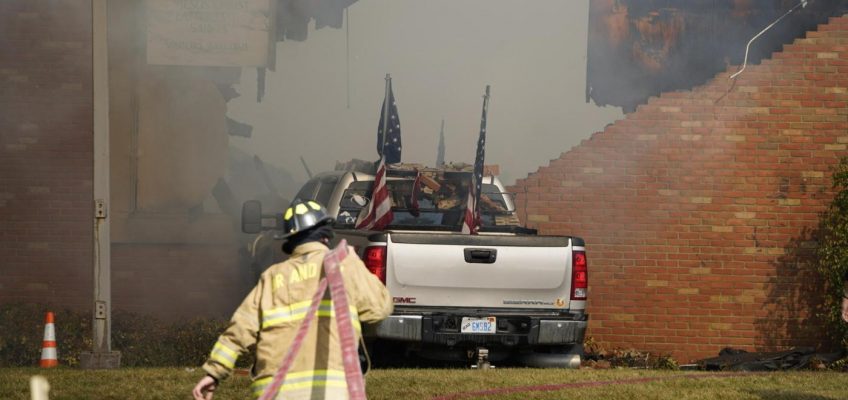Rudy Gobert recalls tape in the corners of the practice court during his first few years in Utah, marking the spots guys must sprint to every time down the floor to ensure proper spacing, particularly in transition.
“And then it became a habit,” Gobert said. “It became something that whether you’re fresh or you’re tired, you’re going to do it. Because you built that habit.”
Those are things Minnesota is attempting to instill this year in training camp. From getting out in transition on offense to pressuring the ball defensively, the Timberwolves have clear objectives they’re attempting to engrain during the time of year when it’s easiest to do so.
You often are who you are once the regular season begins. Attempting to reinvent yourself on the fly is a fool’s errand. Minnesota tried to do things like take care of the ball and play with more pace in the Western Conference Finals. But those weren’t traits the Wolves had developed, so they couldn’t deploy them when the lights were brightest.
Championship habits are built in October. How do you develop those? Minnesota is using repetition. Wolves guard Mike Conley said the first thing Minnesota does to open practice is a drill that throws the ball down court while players get to certain spots on the floor.
“There’s nothing by accident,” Conley said. “All these things are important.”
What Conley likes most is the consistency with which they’ve been enforced thus far. If players aren’t imposing enough ball pressure on the perimeter, it’s called out.
“As soon as you’re not winning that battle on the ball,” Timberwolves coach Chris Finch said, “you blow the whistle and get them up and get them where they need to be.”
The same thing is done when guys don’t sprint up the court. Or when they don’t swing the ball in the halfcourt offense.
Much of last year’s camp was spent adjusting to a massive trade that reshuffled the roster. But with everyone except Nickeil Alexander-Walker back from a year ago, Minnesota has the opportunity to hammer down on the finer points — things that usually require effort and attention to detail — that can be the difference between good and great.
All reports indicate the players have bought into the points of emphasis and are executing them at a high level over the first week of camp. Wolves forward Julius Randle noted there shouldn’t be any need for reminders this early in the game.
“But just even throughout practice, I’m sure some things (usually) get lax like in the middle hour of practice. (That) hasn’t been the case,” Randle said last week. “Guys have been pretty locked in, pretty focused from the very beginning. We had a great day yesterday, a great day today. So, I mean, there hasn’t been any slippage. … We know what we’ve got to do and it’s up to us to do it every day.”
That’s the key. Once a team achieve that, it becomes who you are. Wolves assistant coach Micah Nori joked that guys may start camp by running to the corner every time down the floor.
“And then all of a sudden, two weeks from now, everybody’s at the break. And then four weeks from now, they’re all stopping in the high quad,” he said. “That was Finchy’s biggest message to all these guys, and I thought he made a great analogy: ‘If you’re a golfer and you’re trying to go from a 20 to a 10 handicap, it’s much easier than trying to go from a five to a three.”
Minnesota is already a good team. But to become one of the NBA’s best, it has to win on the margins via the game’s finer points.
“For us, it’s building those habits, continuing to talk about that every day, not just the first week of camp,” Nori said.
“It’s just like anything,” Conley said. “You wake up in the morning, you brush your teeth. You do things like that to (establish) a routine.”
That’s how championship-level foundations are composed.
“There’s always moments when you might not do it as much, and that’s when your teammates have got to be there to talk to you and remind you who we are, and what we’re trying to accomplish,” Gobert said.
Related Articles
Frederick: Anthony Edwards wants a title and an MVP. Defense is his ticket
Bones Hyland believes he was meant to be in Minnesota
From Edwards’ motivation to DiVincenzo’s health, notes and quotes from Timberwolves Media Day
Alan Horton to split Timberwolves TV play by play duties with Michael Grady for 2025-26 season
Return of the trees: Timberwolves bring back classic jersey, court




